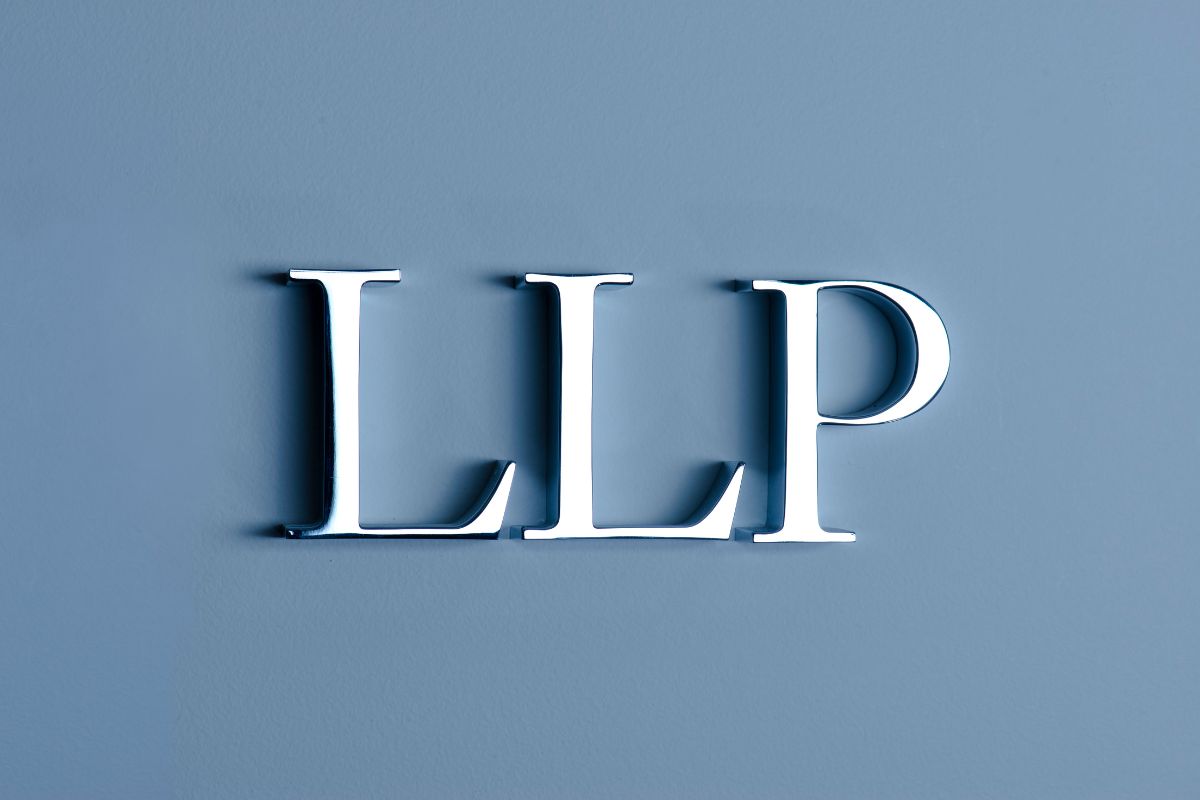
Understanding the Formation of Limited Liability Partnerships (LLPs)
Limited Liability Partnerships (LLPs) have gained significant popularity as a business structure that combines the advantages of limited liability protection with the flexibility of a partnership. If you're considering forming an LLP for your business, it's crucial to understand the process and requirements involved. In this article, we will provide a comprehensive guide to help you understand the formation of a Limited Liability Partnership, with insights from Taxsing, experts in company formation and compliance.
What is a Limited Liability Partnership (LLP)?
A Limited Liability Partnership (LLP) is a legal business structure that offers limited liability protection to its partners. It combines the benefits of a traditional partnership, such as the flexibility in management and shared decision-making, with the advantage of limited personal liability for the partners. In an LLP, each partner is not personally liable for the debts and liabilities of the business, which means their personal assets are protected.
Key Features and Benefits of LLPs
1. Limited Liability Protection: The primary advantage of forming an LLP is that partners' personal assets are safeguarded in case of business debts or legal issues. This limited liability protection ensures that the partners' personal finances remain separate from the liabilities of the business.
2. Flexible Management Structure: LLPs offer flexibility in defining the management structure and decision-making processes. Partners can agree on their roles, responsibilities, profit-sharing arrangements, and other terms through a comprehensive LLP Agreement.
3. Separate Legal Entity: LLPs are considered separate legal entities, distinct from their partners. This means the LLP can own assets, enter into contracts, and sue or be sued in its own name. This provides credibility and protects the interests of the business.
4. Pass-Through Taxation: LLPs enjoy the benefit of pass-through taxation. The LLP itself is not taxed on its profits. Instead, the partners report their share of the profits and losses on their individual tax returns. This helps avoid double taxation and simplifies the tax process for partners.
5. Professional and Service-Oriented Businesses: LLPs are particularly suitable for professional and service-oriented businesses such as law firms, accounting firms, consulting agencies, and healthcare practices. It allows professionals to work together while still enjoying limited liability protection.
Steps for LLP Formation:
1. Choose a Name: Select a unique and suitable name for your LLP. Ensure the name complies with the guidelines provided by the regulatory authorities and is available for registration.
2. Prepare LLP Agreement: Draft an LLP Agreement that outlines the rights, duties, and obligations of the partners, profit-sharing arrangements, decision-making processes, and other important provisions. Taxsing can assist you in preparing a comprehensive LLP Agreement tailored to your specific requirements.
3. Obtain Digital Signature Certificates (DSC) and Designated Partner Identification Numbers (DPIN): Partners need to obtain DSC and DPIN, which are essential for digitally signing and filing the incorporation documents.
4. File Incorporation Documents: Prepare the necessary incorporation documents, including the LLP Agreement, consent of partners, and other required forms. File these documents with the Registrar of Companies (RoC) and pay the requisite fees.
5. LLP Incorporation Certificate: Once the RoC verifies the documents and approves the LLP formation, they will issue an LLP Incorporation Certificate. This certificate confirms the legal existence of the LLP.
6. Compliance and Ongoing Obligations: LLPs have certain compliance requirements, including maintaining proper books of accounts, filing annual returns, conducting meetings, and complying with tax regulations. Taxsing can guide you through these ongoing obligations to ensure compliance with all legal requirements.
Forming a Limited Liability Partnership (LLP) provides numerous benefits, including limited liability protection and flexibility in management. Understanding the process of LLP formation is essential to ensure a smooth and compliant registration process. By partnering with Taxsing, experts in company formation and compliance, you can navigate through the complexities of LLP formation with confidence. Start your journey towards establishing an LLP and unlock the advantages of this modern business structure with Taxsing's expertise and guidance.




